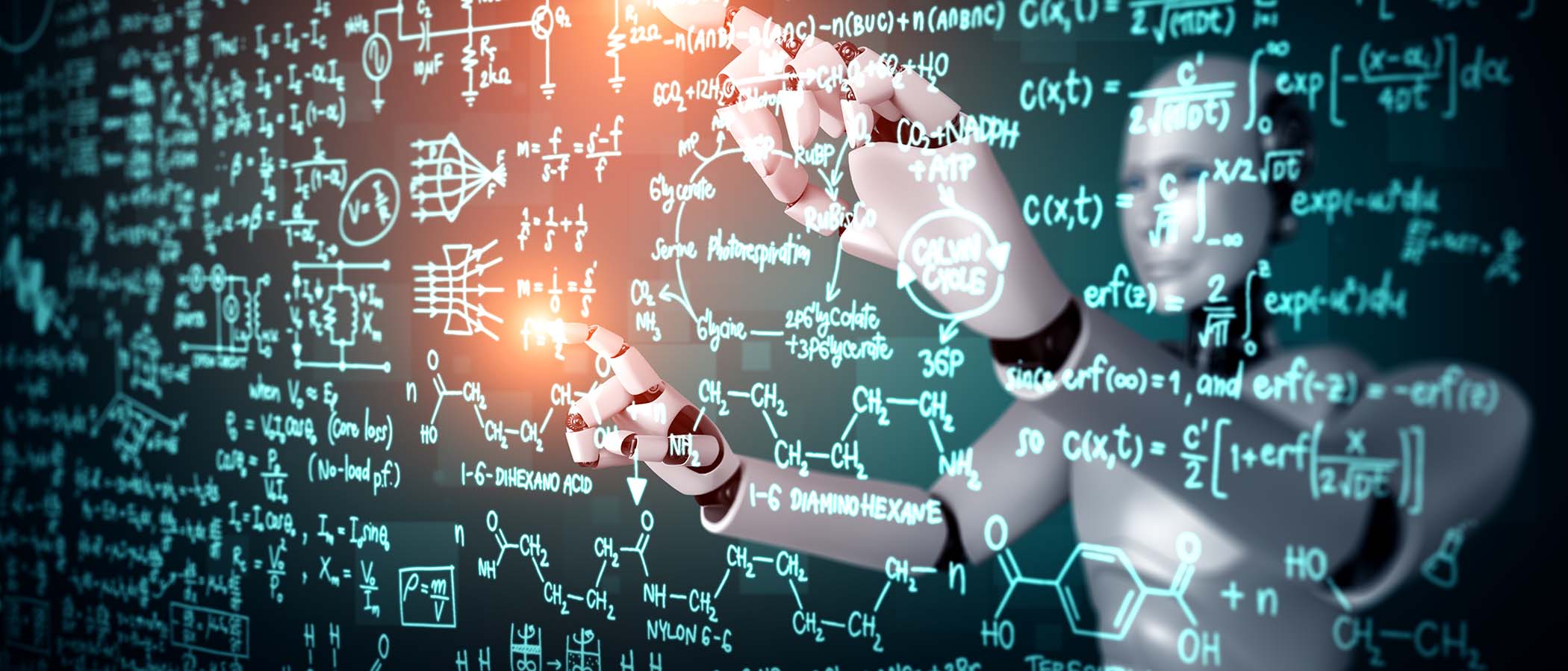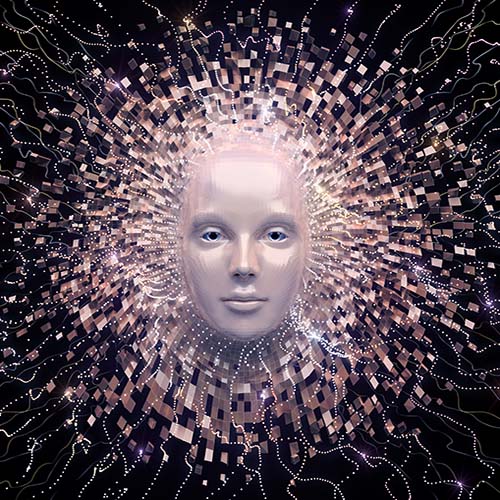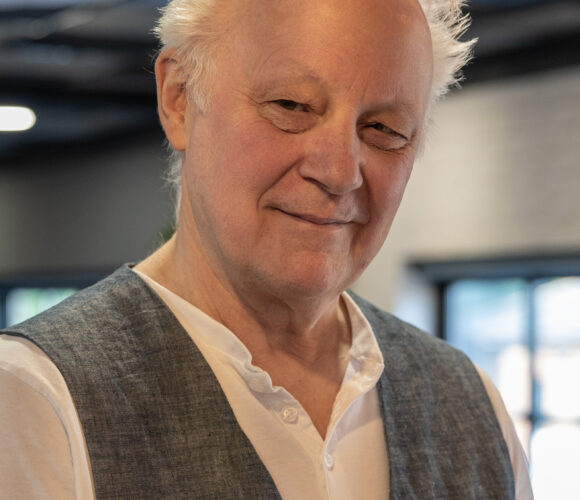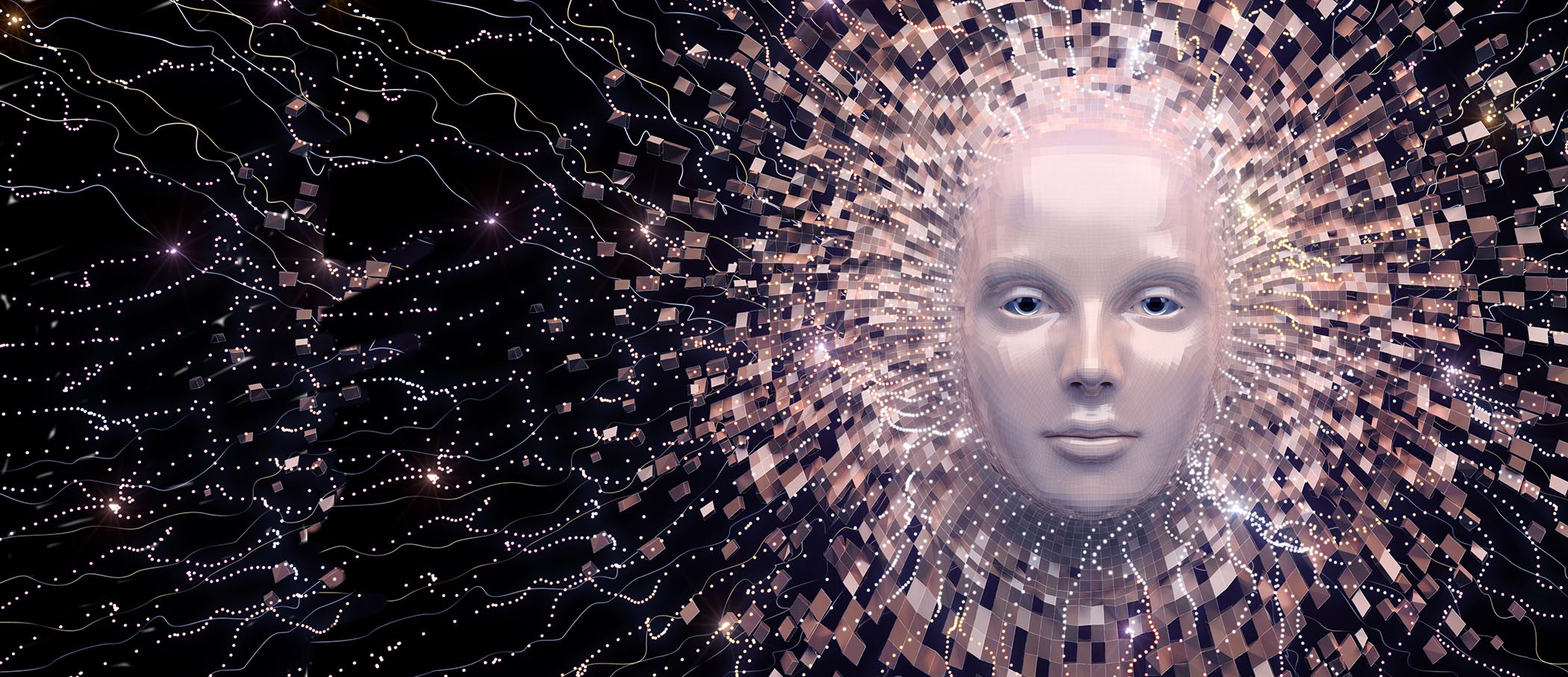Summary
What we will cover in this session and discuss:
- AI is still mired in confusion and deflection and can be split into two different arguments
- True AI is the next great step in human technological advancement
- True AI is waiting for a eureka moment that I am sure will come
- Training is key if we are to foster an environment that allows our children to thrive
- We need new ideas. We need inspired people. We need to be ready and prepared for it
The Reality of AI
With the godfather of AI, Geoffrey Hinton recently quitting his job, Artificial Intelligence (AI) again hits the headlines and front pages of the national press. How big is the risk to us, and why isn’t the UK part of these significant technical developments?
I would argue that AI is still mired in confusion and deflection and can be split into two different arguments.
Firstly, AI as an autonomous, self-aware, free-thinking machine, and secondly, just a normal computer running complicated software that is never going to be self-aware and free thinking. True AI is the next great step in human technological advancement and the person that can claim to be the first to produce this will go down in history alongside Faraday, Newton and Einstein. Blurring the lines between these two technologies is in the interest of anyone seeking funding because it is easy getting a clever program to look like AI. We are currently no closer to true AI than we ever were, but as Geoffrey Hinton stated, there needs to be warnings and concern about the ongoing developments in this field. Musk being the first to raise these concerns a few weeks ago too.
Hinton also states that mitigating long term risks and existential risks when AI gets more intelligent than us should be a priority, however it is currently very different to our intelligence. The ability of AI to learn separately, but share instantly, knowing more than any one person is the extent of the current technology.
The true power we are seeing today is the result of clever programming that is feeding off very large data sets. These programs are not free thinking, they are simply doing what the programmer programmed them to do. ChatGTP being the most recent example.
True Power
True AI is going to need a different technology, probably organic computing, something that can change itself at the fundamental level and react to its environment, a bit like DNA does.
Clever programming is just that. Any talented, dedicated programmer, in a dark room somewhere can write inspired code based upon the current knowledge we have so far and innovate.
I don’t believe either of these options requires a massive amount of money, maybe to commercialise them would take investment, but to innovate in these areas just takes inspiration and good people.
True AI is waiting for a eureka moment that I am sure will come at some time but no amount of investment is to going to precipitate that moment. It is going to be the result of inspired individuals that come up with a brand-new idea which would then need investment to capitalise on the technology, and if we cannot afford the investment to commercialise these ideas than at least the IP would be ours, just like the ARM model (UK Chip designer).

The Future
Our future needs a step change in our way of thinking. We need to stop looking for investment that results in the IP and profit going overseas and concentrate on our own future within the UK. Training is key if we are to foster an environment that allows our children to thrive and education to the masses in general to demystify IT and AI and show it for what it really is. Commercial exploitation.
However, there are already financial implications taking place as a result of AI developments. The Financial Times last week led with a front page story about the impact on the education sector as corporates Chegg, Pearson and Duolingo were all hit. US firm Cheggs, which provides online study guides shares plunging by half, directly resulting from a significant spike in students interest in AI. London based Pearson fell 15% and Duolingo by 10%. Moving forwards how many other companies will be impacted by AI developments and the ‘fear factor’ of what will be coming next.
Moving forwards, how many jobs will the technology replace? The UK needs to be looking at its own investment in both technology and future proofing employment for future generations to come.
Despite technology giants like Meta and Google investing in huge office buildings in London, is that a positive, or maybe the fact that foreign investment leaves our financial security at the whim of these investors is something we should simply accept. The more external investment in the UK, the less we remain in control of our own economy. What we need is a complete U-turn from being a service led economy to the manufacturing driven economy we had pre-Thatcher if we are going to survive.
We should be supporting micro chip designers ARM to produce stock in the UK, not outsource it to China. We should be celebrating the advanced technology that companies like this provide and the opportunities they give relating to employment.
We need new ideas. We need inspired people. We need to wake up and realise that this current view we have of ourselves as a service country is flawed. Certainly, if we are going to survive the predicted AI storm that is coming our way, as it will happen, we need to be ready and prepared for it.
Interested in using AI in your next software project? Why not get in touch with Claritas Solutions and have that discussion;
Email- sales@claritas-solutions.co.uk
Phone- 0330 333 88 33
Or complete the online contact form





